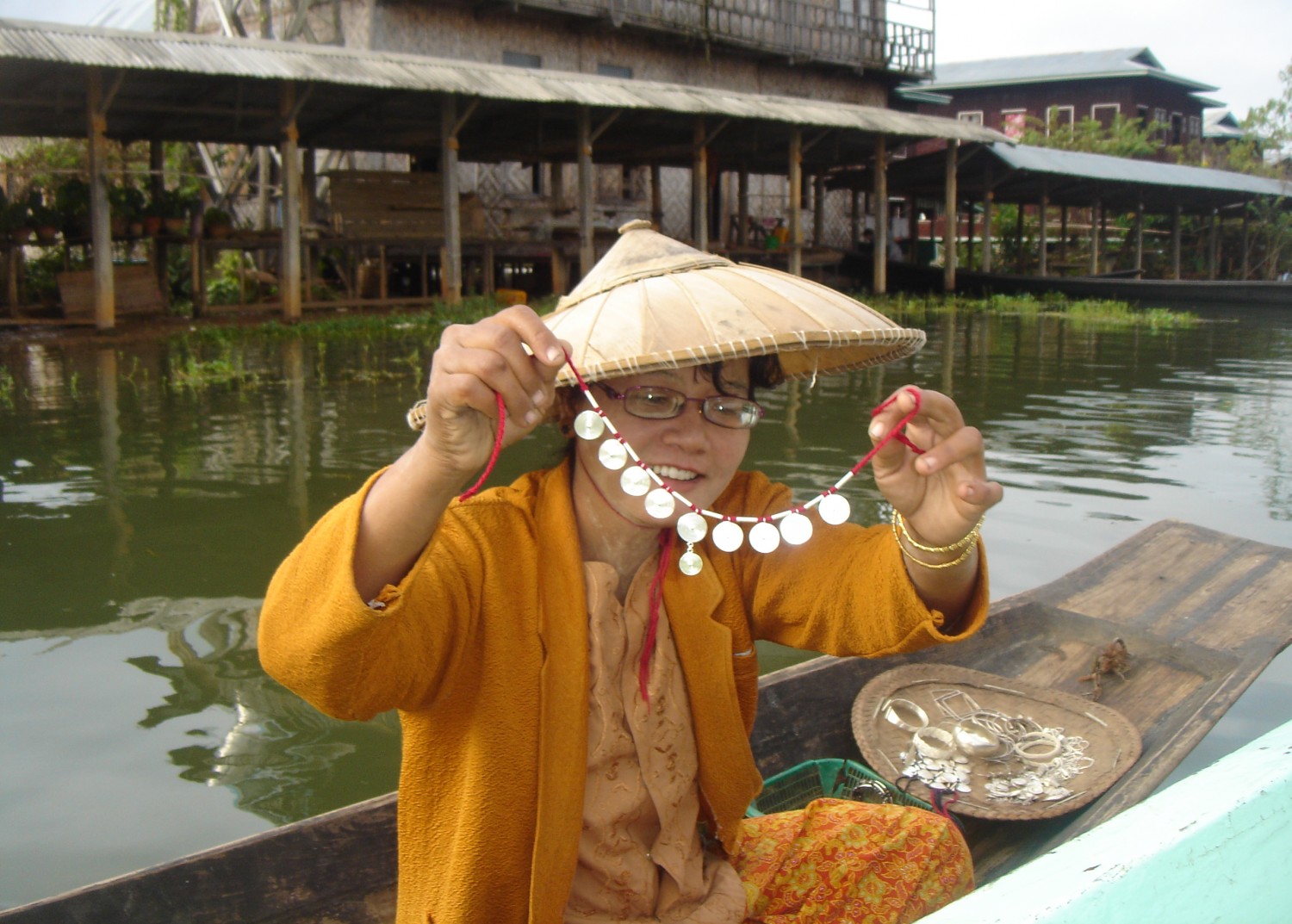
Looking out from the balcony of our apartment in Old Town Vilnius, I could not have been more delighted. For down below, alongside the road that bordered the Old Town, flowed River Vilnele and across it a bridge that led to Uzupis. This then was it. I was the proverbial kid in a candy store. Uzupis, translated from Lithuanian as ‘beyond the river’, was one of our main reasons for visiting Vilnius – Uzupis and also to pay homage (for my husband at least) to the only public bust of Frank Zappa that existed anywhere in the world. It was evening and for now, I would soak in the colours of the setting sun on Uzupis as I eagerly awaited the day ahead.
 It must have been around eight years ago I read a travel feature on Lithuania that piqued my interest in Uzupis. For how would do you describe a ‘Republic’ whose Constitution included Articles like “A dog has a right to be a dog” or “Everyone has the right to be happy” and equally “Everyone has the right to be unhappy”. From then on, Vilnius was on my mind…and plans. And now here we were.
It must have been around eight years ago I read a travel feature on Lithuania that piqued my interest in Uzupis. For how would do you describe a ‘Republic’ whose Constitution included Articles like “A dog has a right to be a dog” or “Everyone has the right to be happy” and equally “Everyone has the right to be unhappy”. From then on, Vilnius was on my mind…and plans. And now here we were.
The next day, as we crossed over the love-locked bridge into Uzupis, greeted by a welcome sign that reminded visitors of the need to wear a smile and had a picture of Mona Lisa among other visuals, I was reminded of another line of the Constitution that “Everyone has the right to understand nothing.” I wondered if I would need to confer this Right on myself as I entered what could only be a Bohemian Rhapsody.
Once upon a time home to manual workers and brothels, Uzupis, which dates back to the 16th century, was considered amongst the poorest suburbs in the area. During the Soviet era, it took on a rough reputation – one of crime and drug peddling and gambling. Around Lithuanian Independence, in the midst of its falling housing prices and decrepit surrounds, a new bunch of free spirited souls gradually found their home here and built it up into a community where creative and artistic expression ruled.
On April 1, 1997 (note the deliberate choice of day), Uzupis declared itself a Republic along with all the frills that go with being one – a constitution, a national anthem, a prime minister, president, ambassadors in some countries and four flags, one for each season. It even has its own army, albeit a small one of around a dozen people! The Republic has since conferred honorary citizenship on famous personalities like His Holiness the Dalai Lama, the former President of the Republic of Lithuania, artist Jonas Mekas and others. Their holidays, besides Independence Day on April 1st when visitors need to have their passports stamped with a visa to join the celebrations, include the Day of the Fish, the Day of Traps, the Day of White Tablecloths and other quirky observances. Their guardian, the Bronze Angel of Uzupis, stands tall in the city square casting a protective shadow over this Republic of 7000 inhabitants, a sixth or seventh of whom are artists.
It was easy to understand all of this as we wandered through Uzupis, taking in its curiosities and delights – a statue of a backpacking Jesus Christ, trivia on apples and mushrooms, graffiti, sculptures, art galleries and curio shops. We had made sure we had carried our passports along so that we could have them officially stamped. And then we came across the Constitution wall – a series of mirrored plaques on which the Uzupis Constitution is written in many world languages which keep getting added to. The reflective mirrors meant that you could see yourself in the Constitution – a lovely place to be in, even if momentarily.
It was now also easy to understand why Frank Zappa would find a place in Vilnius and in a country that he had no connect with at all. “Lithuania had just proclaimed itself to be a democratic country. I wanted to test it…,” said photographer and civil servant Saulius Paukstys credited with rallying support for the idea of a Zappa statue in Vilnius. And so, in mid 1995, the bust of Frank Zappa sculpted by a local artist famous for his depictions of Lenin and other Communist leaders, was inaugurated by the Mayor amidst much fanfare and fireworks. Could this have been Zappa’s Tinsel Town Rebellion of a different kind? Uzupis followed Zappa. “The spirit of Zappa made us see that independence from Moscow was not enough and persuaded us to declare independence from the rest of Vilnius,” Paukstys said and so Uzupis came into its own.
As we gradually made our way out of Uzupis, we bumped into a group of women who were engrossed in creating an Indian-inspired ‘kolam’ pattern on the floor of their art centre. One of them had just been to India and learnt this art form there. “Would we mind joining them and adding to the colourful floral pattern they were working on?” they asked. It seemed befitting to do so…to pick up a handful of coloured rice flour and leave our creative imprint on this wonderful microcosm of a Republic.

Written in around 23 languages (including a couple of Indian), the Uzupis Constitution has 39 Articles and 3 Mottos











